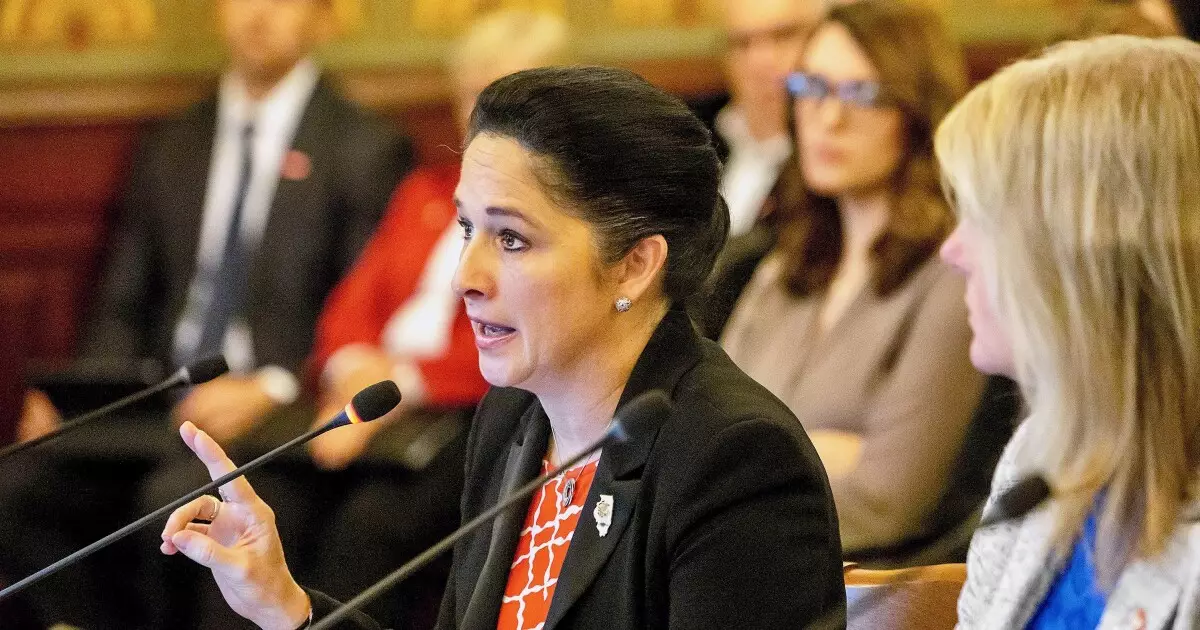The Illinois state comptroller recently reported a 55% year-over-year increase in the end-of-year general revenue fund cash balance, showcasing a significant improvement in the state’s financial management. This improvement is a stark departure from previous years when the state struggled with massive unpaid bill backlogs that exceeded $10 billion. The current balance of $1.7 billion in the general revenue fund, compared to last year’s $1.1 billion, reflects a positive trend in the state’s financial health.
Looking back a decade ago, Illinois faced an $8.5 billion backlog in unpaid bills, a situation that was deemed a “recipe for disaster” by then-Comptroller Leslie Geissler Munger. The state’s financial woes continued in 2016 with a backlog of $10 billion to $12 billion, surpassing previous records. However, since the current State Comptroller Susana Mendoza took office in late 2016, there has been a steady decline in unpaid bills. Despite inheriting a $15 billion backlog, Mendoza and Gov. J.B. Pritzker’s administration have made significant strides in reducing this burden, resulting in a more stable financial outlook for the state.
Ratings Upgrade and Positive Outlook
The state’s improved financial management has not gone unnoticed by rating agencies like Moody’s, S&P Global Ratings, Fitch Ratings, and Kroll Bond Rating Agency. These agencies have revised their outlook on Illinois to positive, citing the state’s progress in paying down liabilities, improving budgetary reserves, and enhancing structural budget alignment. While the state still grapples with underfunded pension systems and other financial challenges, the overall trajectory is positive, signaling a more stable financial future for Illinois.
State Comptroller Mendoza has been proactive in addressing the state’s pension shortfall by making extra payments into the pension systems and increasing contributions to the rainy-day fund. A recent law passed by the General Assembly permits the comptroller’s office to pre-pay required monthly pension payments, providing more stability to the retirement systems. This move not only helps combat the pension shortfall but also allows for better planning and investment strategies within the pension funds.
Mendoza has proposed a bill that would trigger automatic monthly transfers into the state’s budget stabilization fund and pension stabilization fund under certain conditions, such as revenue growth exceeding 4% and the state’s bill backlog being under $3 billion. While previous versions of this legislation have faced challenges in the legislative process, Mendoza remains committed to implementing measures that promote financial stability and prudent fiscal management in Illinois.
The Illinois state comptroller’s recent financial success is a testament to the dedication and hard work of state officials in addressing longstanding fiscal challenges. By reducing unpaid bill backlogs, improving budgetary reserves, and enhancing pension funding, Illinois is on a positive credit trajectory. While there are still obstacles to overcome, the state’s commitment to sound financial practices and transparency bodes well for its economic future.

